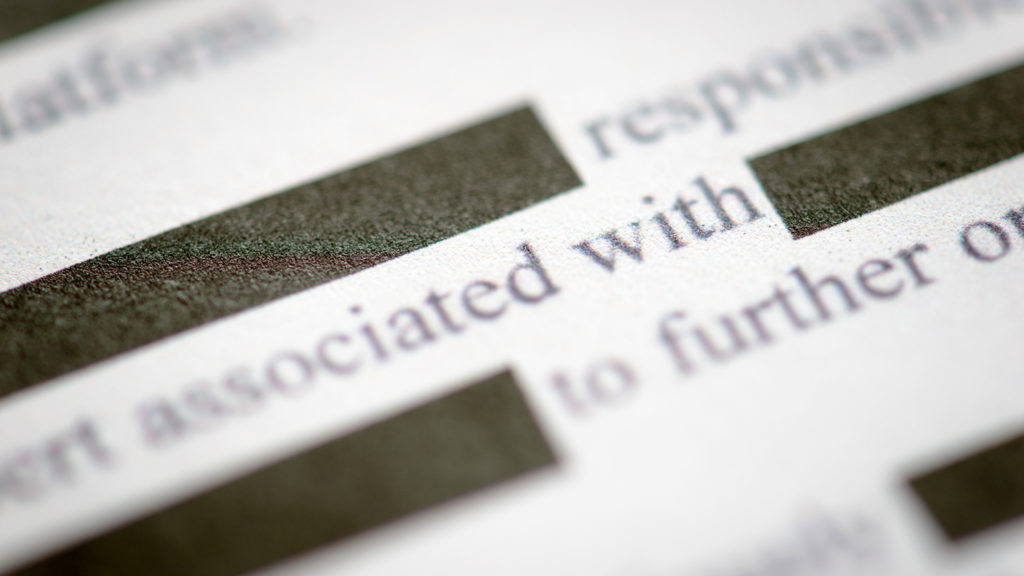
Assisted living and other healthcare workers are among those now eligible for an added layer of protection under a new anti-doxxing law signed last week by Colorado Gov. Jared Polis (D).
House Bill 1041 allows healthcare workers, child protection workers, code enforcement officers and other public-facing — but unelected — workers to withhold their personal information from being posted online if they fear harassment or a serious, imminent threat.
Personal information includes home address, phone numbers, email address and photographs of a protected person, their homes or vehicles.
The bill is a follow-up to a 2021 law that allowed public health workers to ask that their personal information be redacted from publicly available government databases. Although the earlier bill made it a misdemeanor for anyone to post the personal information of public health workers if it posed an imminent threat, HB 1041 does not go that far.
“No one should feel unsafe when they’re just doing their job, but we’ve seen a significant increase in atrocious threats to healthcare workers and their families,” state Rep. Andrew Boesenecker (D-Fort Collins) posted on Twitter.
“Doxxing is dangerous, and this law shields everyday Coloradans just doing their jobs from violent threats against them and their family,” Boesenecker wrote on Facebook.
HB 1041 arose out of concerns by Larimer County, CO, officials that code enforcement offers were being tracked down at their homes by disgruntled homeowners. Soon other groups joined the effort to be included in the anti-doxxing protections.
State Rep. Colin Larson (R-Littleton), who co-sponsored HB 1041, called it a “measured, thoughtful, narrow” bill that protects workers without infringing on the right to protest government actions, according to the Denver Post.
Among other workers covered under the law are those at nursing care facilities, convalescent centers, home care agencies and hospice programs.




